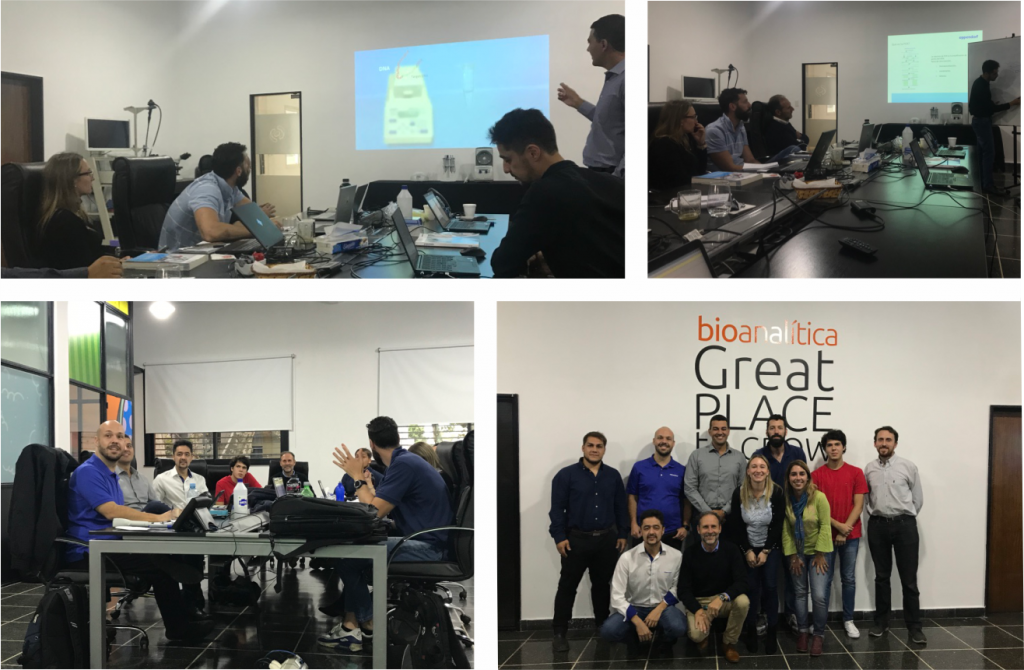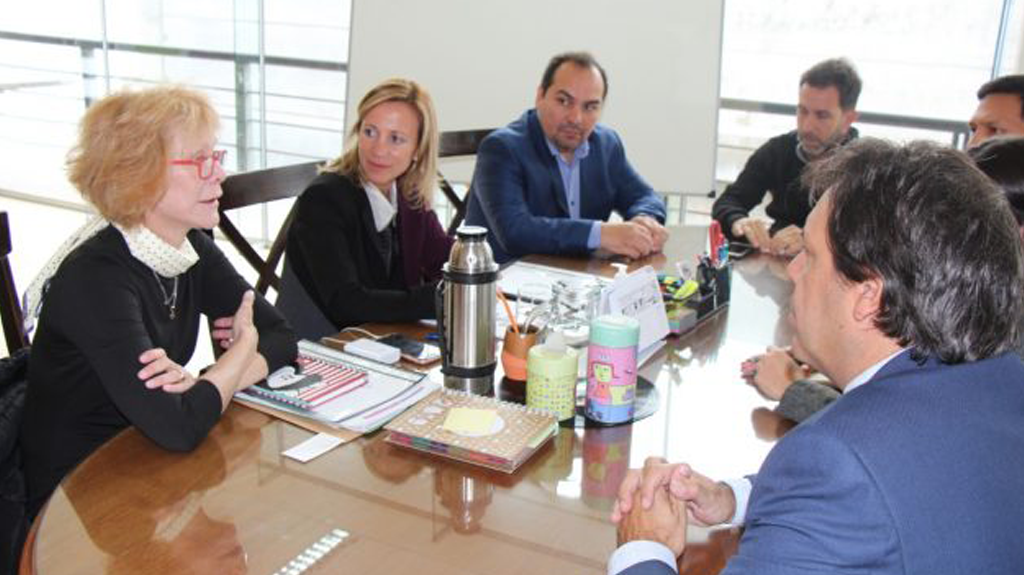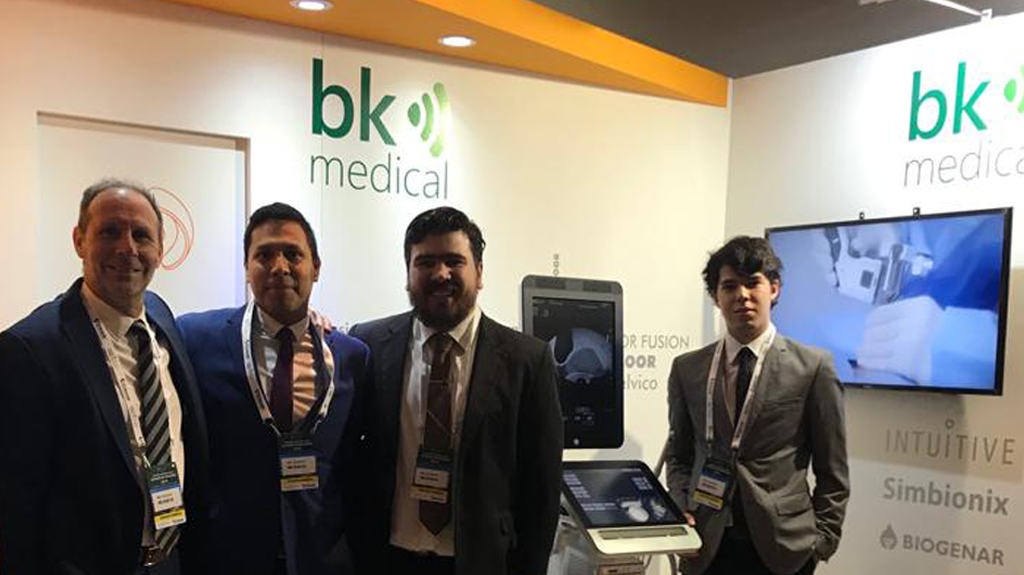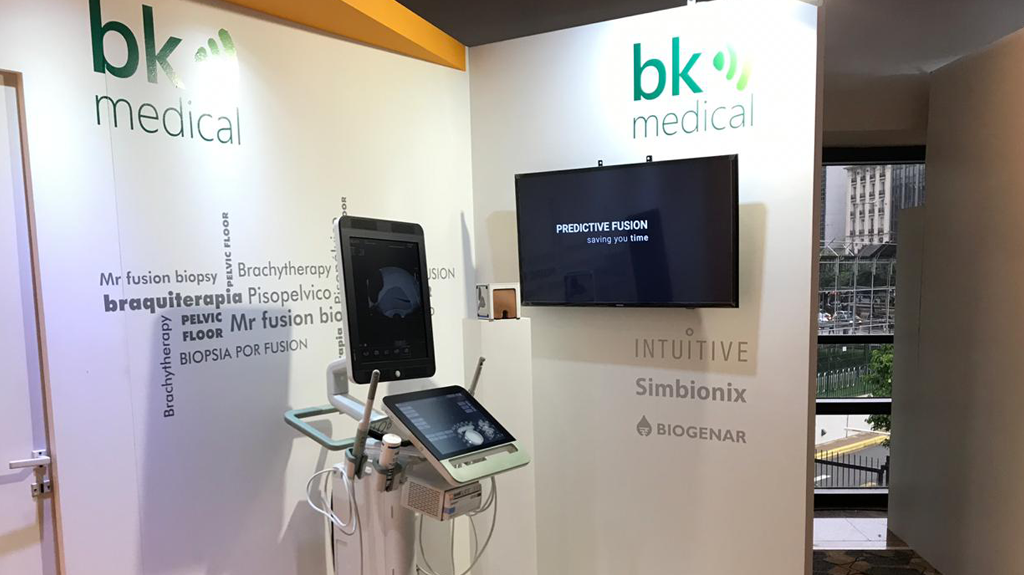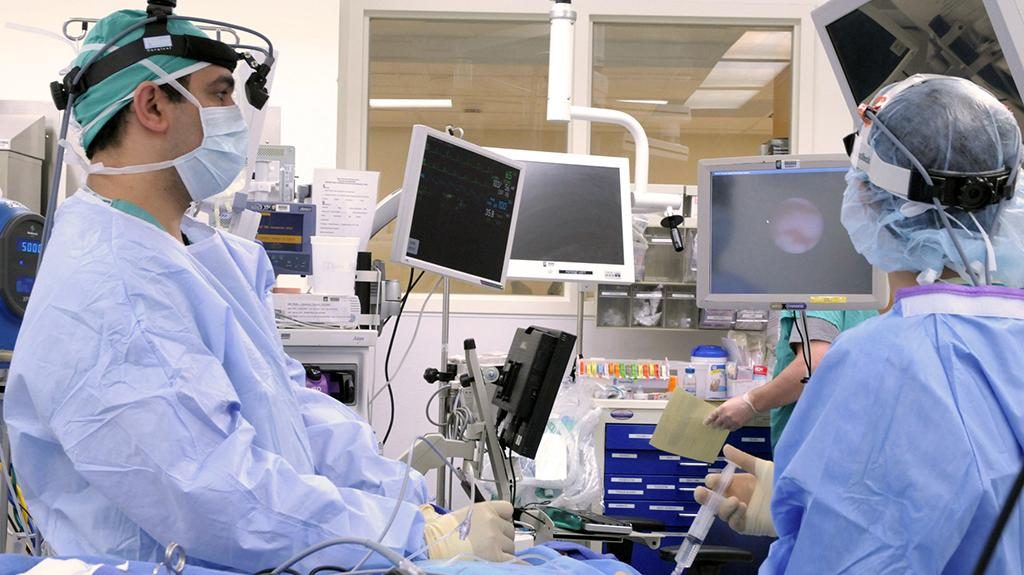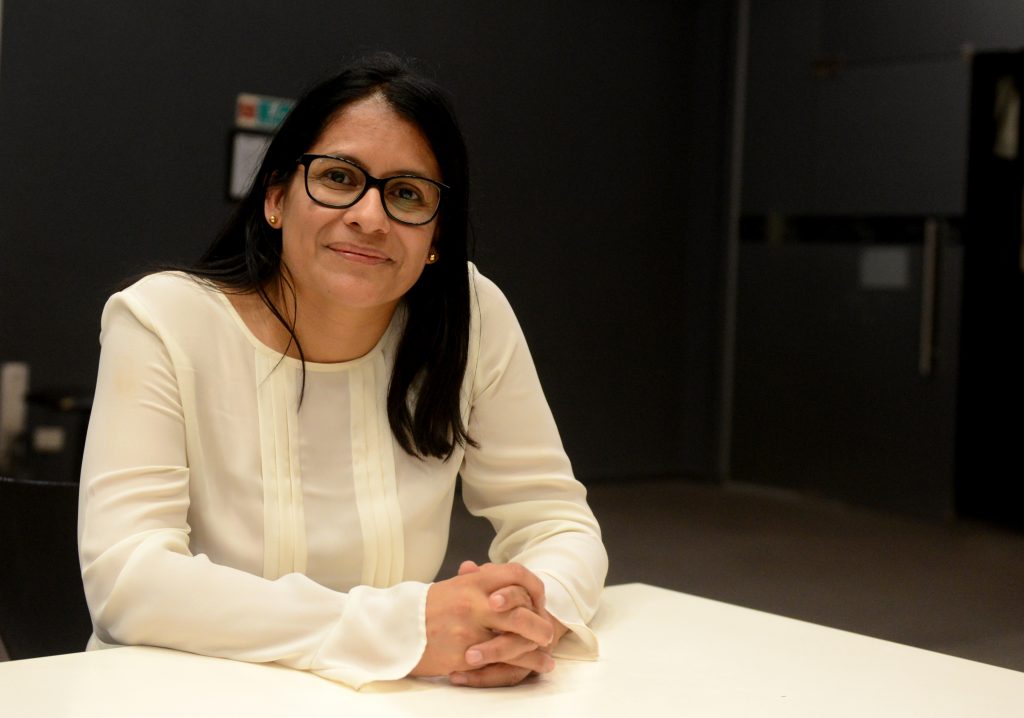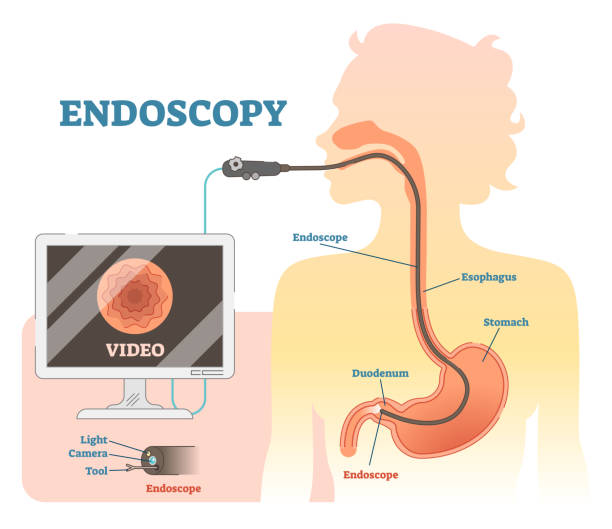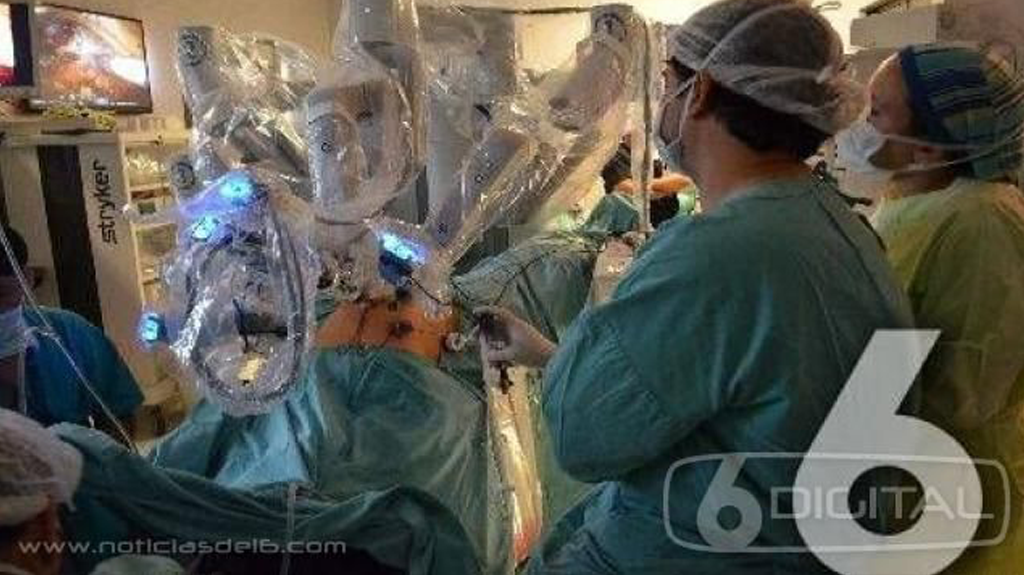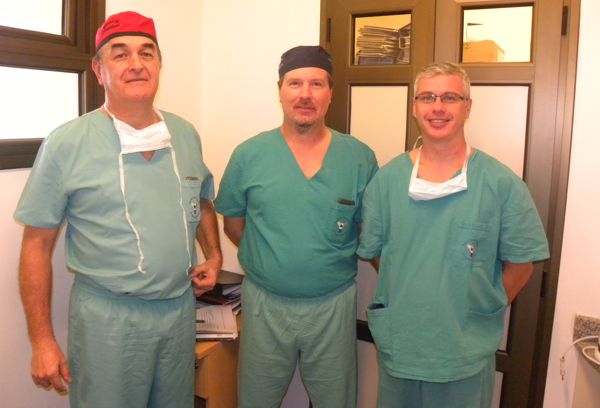Eppendorf Training
22 to 24 April 2019

We received the visit of personnel from the Brazilian subsidiary of our
represented Eppendorf in the offices of Bio. During this week the managers, coordinators and also specialists were training us in the correct use of the scientific equipment of the brand, liquid handling, bioreactors, centrifuges, ep Motion, cyclers, mixers, among others.
Once again the focus is to provide the best response to our customers, offering the most technological solution
adequate with the necessary technical support. At the end of the visits, the directors of Eppendorf shared with us some sentences that summarize their perception of our work: “The vision of having ourselves as clients and not a brand represented is a vision that we did not see a distributor. very well structured and serious company with very clear objectives “
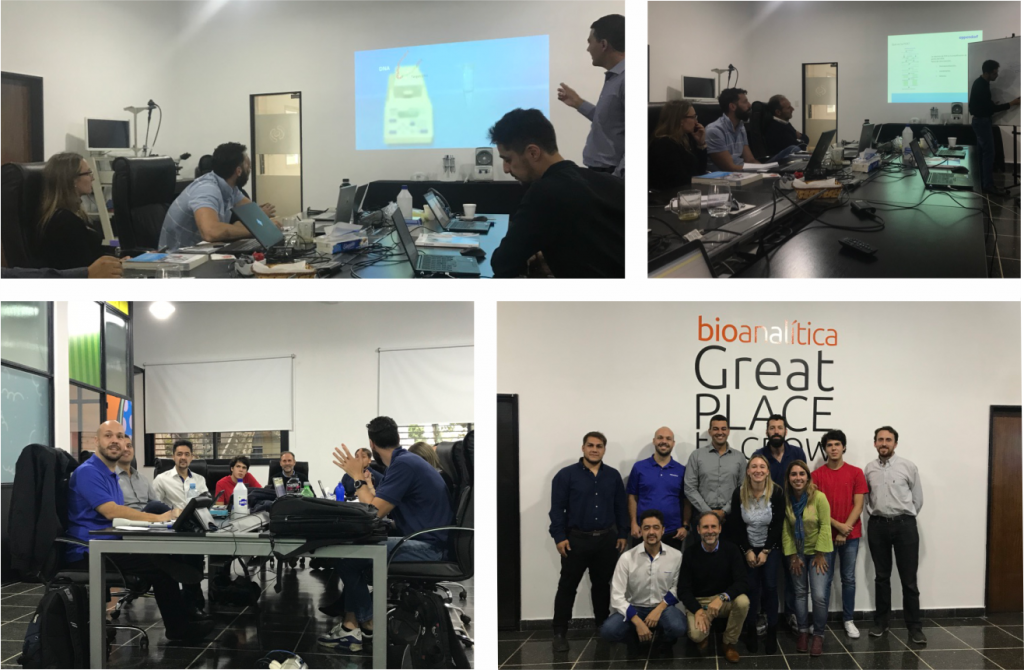
Speakers:
Paulo Pereira Gonçalves – Sales Manager LATAM SUR
Marcelo Aguiar – Zone Sales Director LATAM, Bioprocess
Yuri Mizusawa – Coordinator of LH and Automation.
Participants:
Gonzalo Fellay
Sofia Diaz de Maura
Juliana Lobacz
Ricardo Reboredo
Fernando Vacarezza
Sebastián Petracca
Federico Marina

